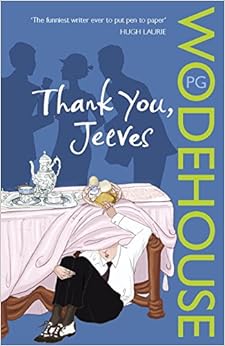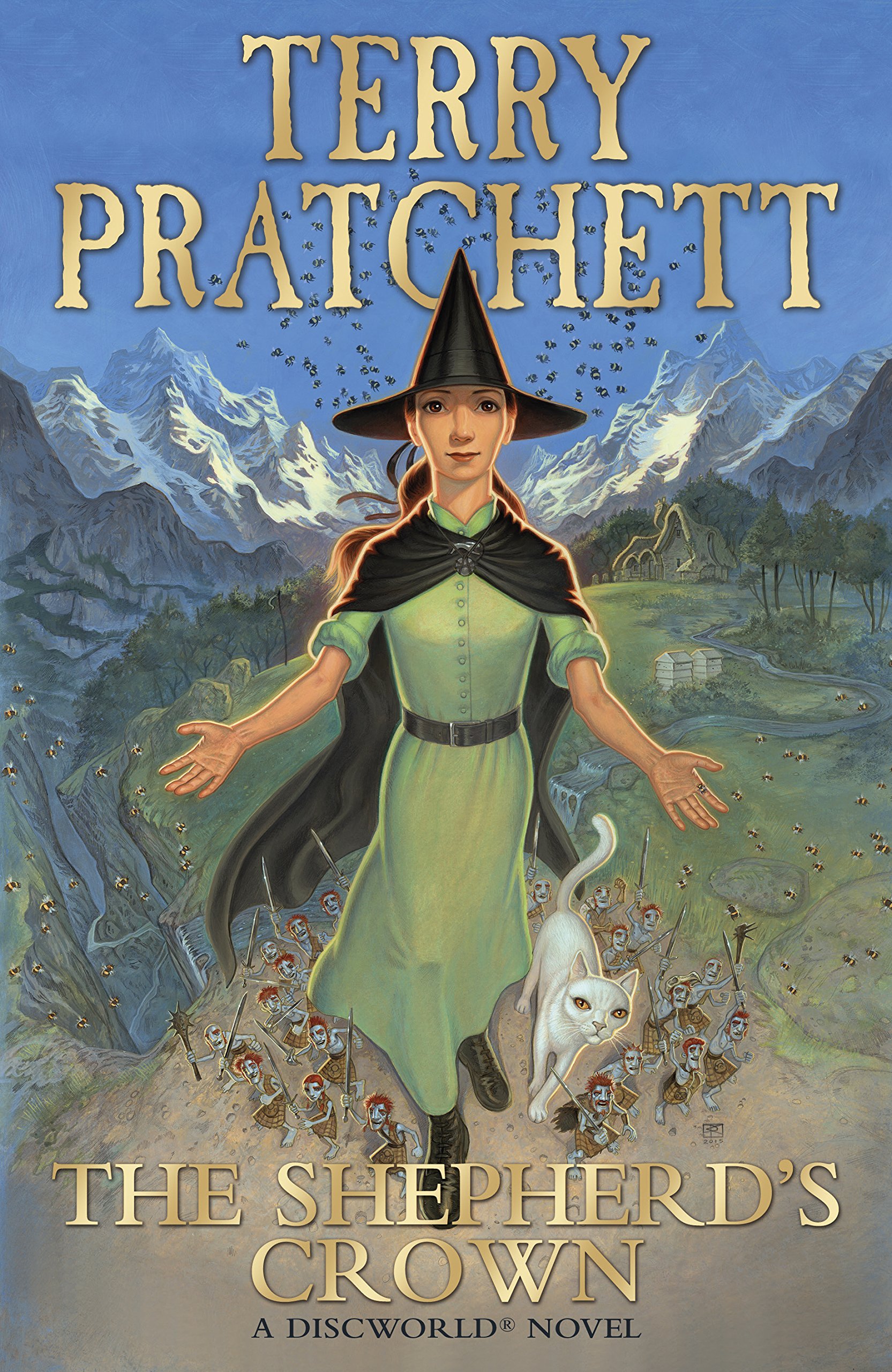Nymphomation
is Jeff Noon's fourth novel, and acts as a prequel to Vurt
and then Pollen.
Set
in 1999 Manchester, it offers a futuristic alternative view of a
familiar unglamorous city, in which a trial lottery game called
Domino Bones is being held. Along with the weekly domino draws, in
which only one person can win the grand prize, AnnoDomino have
created flying advertisements which buzz around the city,
interbreeding and multiplying. As the city's obsession with with
Domino Bones grows, a group of rogue mathematicians suspect that the
game is not what it seems and try to break into the system.
Noon
tells the story in quick scenes, sometimes no more than snapshots,
that tell us almost enough but never too much, and keep you reading
as you try to discover more. The characters and setting are drawn
briefly but effectively, often using random-seeming and exaggerated
language that lends the novel a lurid, unreal quality. Mathematics
and the science of chance are blurred with fantasy to form an
intriguing universe in which anything is possible.
This
novel is a very human experience of something inhuman, while also
managing to be extremely thought-provoking and at times sinister and
unnerving. At first I didn't realise it linked up to the other books
in the series, and by the end it had set the scene for the
development into Vurt
and made me want to reread that with fresh eyes again.
There's
only one I haven't yet read in the series, Automated Alice,
and I'll definitely be asking for that for Christmas.
Next
up: The Rose Rent by
Ellis Peters



